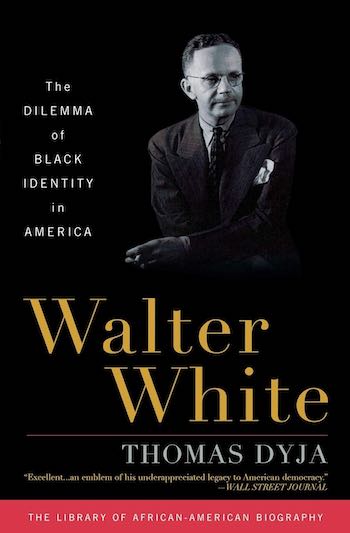Walter White
The Dilemma Of Black Identity In America
When Walter White was buried in 1955, the New York Times called him “the nearest approach to a national leader of American Negroes since Booker T. Washington.” For more than two decades White, as secretary of the NAACP, was perhaps the nation’s most visible and most powerful African-American leader. He helped end lynching in America, hosted one of the premier salons of the Harlem Renaissance, enable the legal strategy that led to Brown vs. Board of Education, and demanded that Hollywood give better roles to black actors. Driven by ambitions for himself and his people, he offered his entire life to the advancement of civil rights in America. Filled with a bounding, salesman’s energy, constantly merging his own self-interests with those of the civil rights movement, White was as much about the noise he made as the accomplishments that he was truly responsible for.
Praise & Reviews
“Excellent. . . ”
–Wall Street Journal
“Compact, insightful. . . [an] able tribute to a boundary-smashing activist.”
–Kirkus Reviews
“A major contribution to civil rights scholarship.”
–The Journal of Southern History
“Thomas Dyja’s gripping biography of Walter White has restored an essential American life. With impeccable research, acute sensitivity, and literary grace, Dyja has rediscovered one of the most important links in the long chain of events and causes that brought Americans, at long last, into the bright sunshine of their rights.”
–Ted Widmer, author of Ark of the Liberties
“In prose that moves effortlessly across the page, Thomas Dyja captures the energy and accomplishments of Walter White, one of the most important and effective African-American leaders of the twentieth century.”
–Kenneth Robert Janken, author of Walter White: Mr. NAACP
Designed by W
